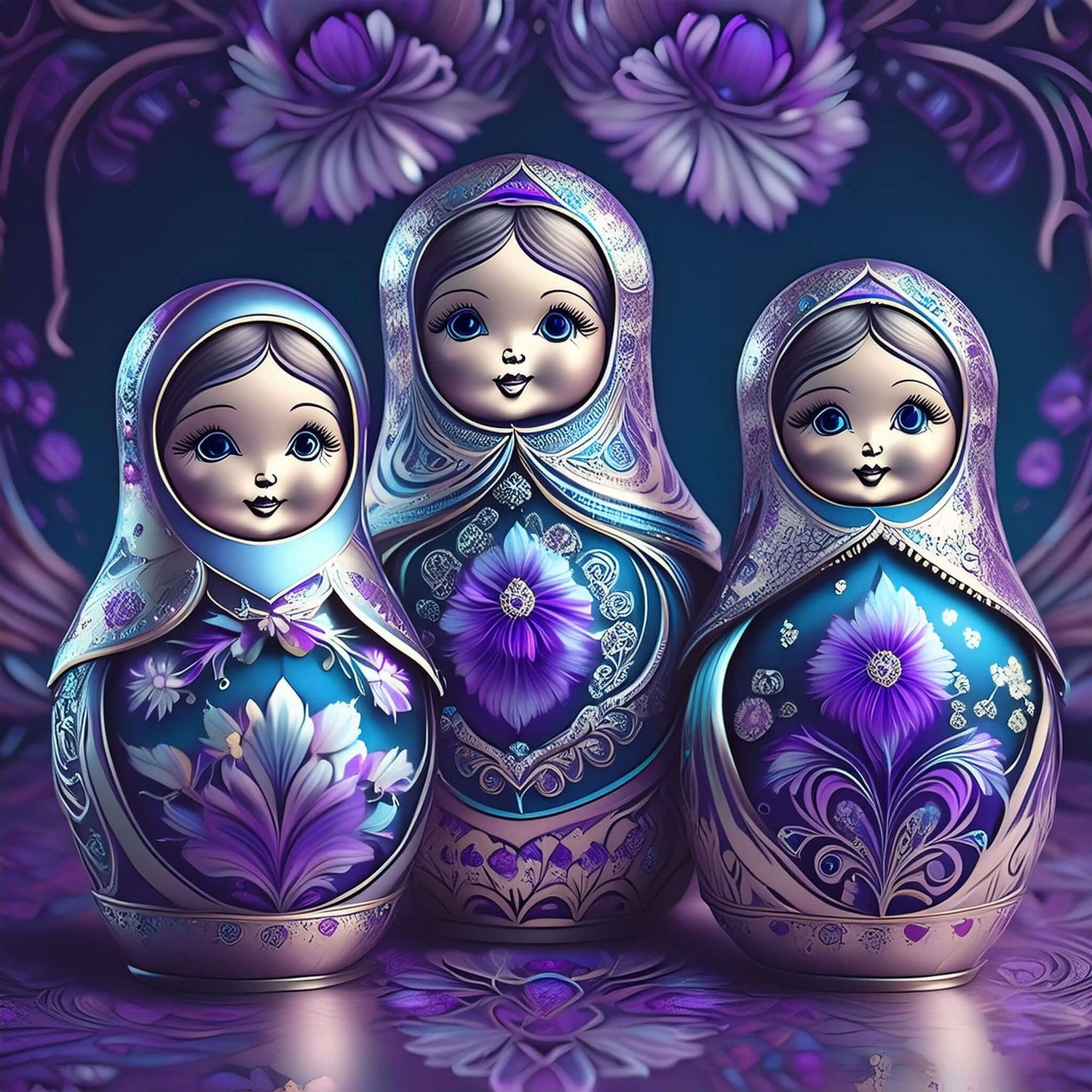
Cultural Moments
Traditions
Diversity
Humanity
"Cultural Moments: Celebrating traditions, embracing diversity, and honoring the essence of humanity through shared experiences and collective heritage."
"Cultures are the diverse expressions of human creativity, values, beliefs, traditions, and behaviors that shape societies worldwide. They encompass language, art, cuisine, religion, rituals, and social norms, reflecting the unique identities and histories of different communities. Cultures foster connection, understanding, and belonging among individuals, while also highlighting the richness and complexity of human experience."
-
Personalized Dog Tag Necklace - Upload Your Own Image
Regular price From $49.95 USDRegular priceUnit price / per$79.95 USDSale price From $49.95 USDSale -
Forever Love Necklace with Custom Message Card
Regular price From $59.95 USDRegular priceUnit price / per$119.95 USDSale price From $59.95 USDSale -
Custom Designed Personal Affirmation Circle Keychain - Design Service
Regular price From $49.95 USDRegular priceUnit price / per$59.95 USDSale price From $49.95 USDSale -
Custom Designed Personal Affirmation Circle Pendant - Design Service
Regular price From $59.95 USDRegular priceUnit price / per$79.95 USDSale price From $59.95 USDSale -
Personalized Heart Pendant - Upload Your Own Image
Regular price From $49.95 USDRegular priceUnit price / per$79.95 USDSale price From $49.95 USDSale -
Personalized Circle Pendant - Upload Your Own Image
Regular price From $49.95 USDRegular priceUnit price / per$79.95 USDSale price From $49.95 USDSale -
Personalized Name Necklace - Upload Your Own Photo
Regular price From $49.95 USDRegular priceUnit price / per -
Artisan Cross - Upload Your Own Image
Regular price From $69.95 USDRegular priceUnit price / per -
Love Knot Pendant and Earring Set- Custom Message Card
Regular price From $79.95 USDRegular priceUnit price / per -
Personalized Keychain - Upload Your Own Image
Regular price From $39.95 USDRegular priceUnit price / per

Celebrate Moments
Indulge in the essence of life's joy for capturing the beauty, laughter, and love of life's most cherished occasions. #CelebrateMoments





























